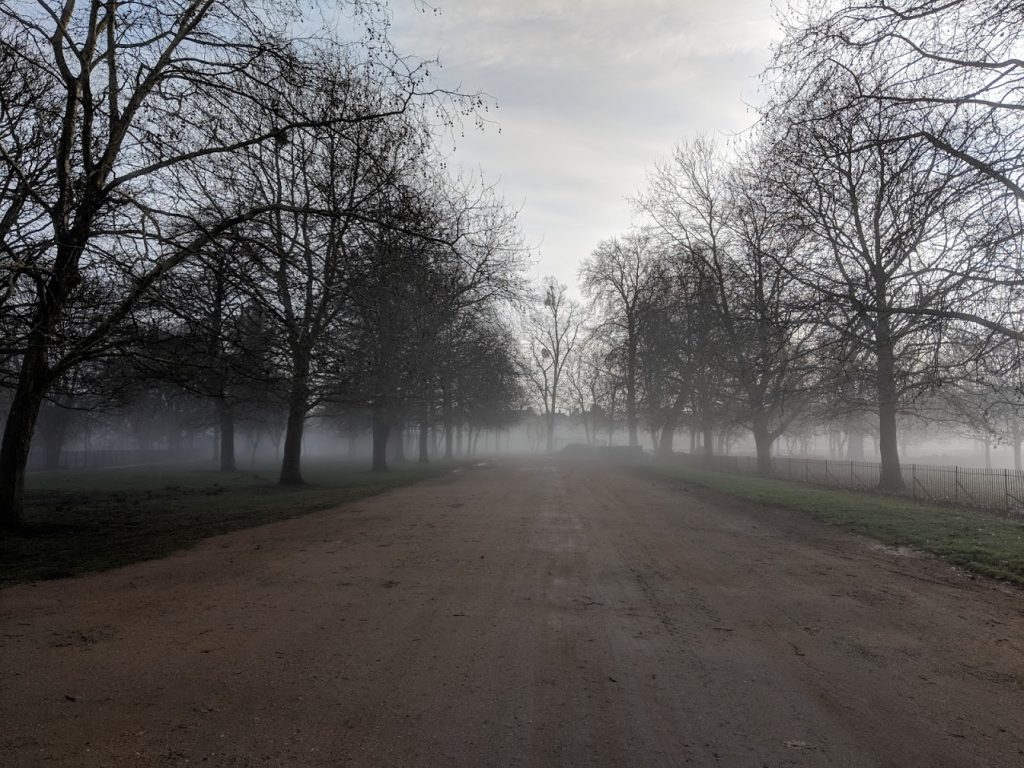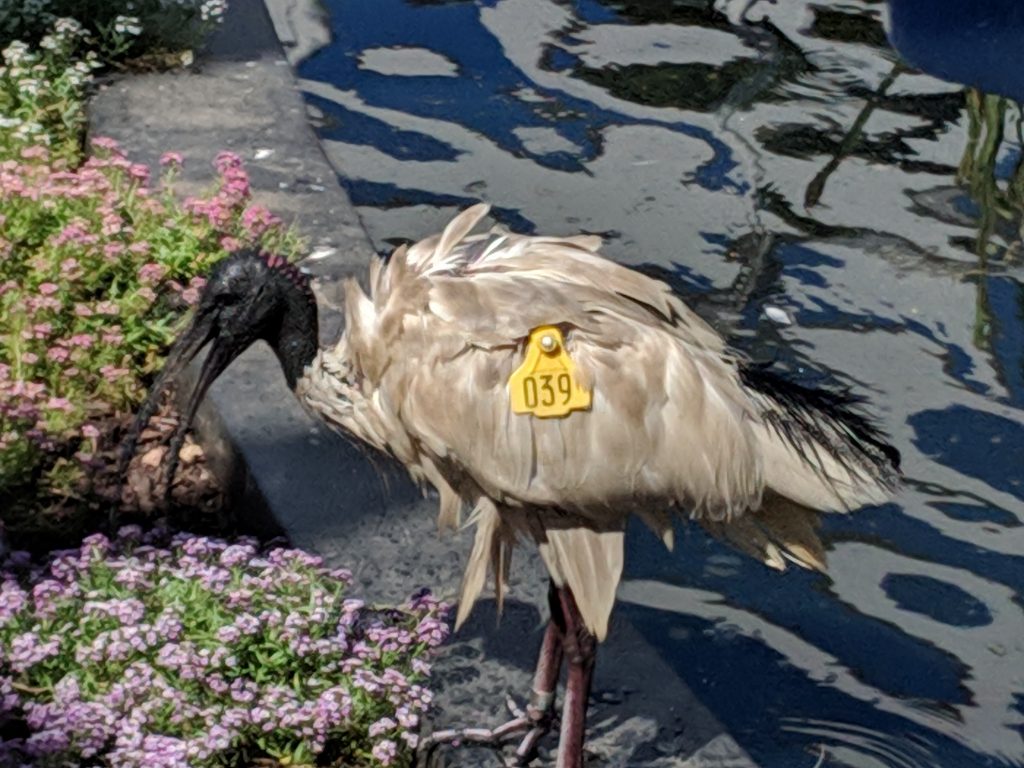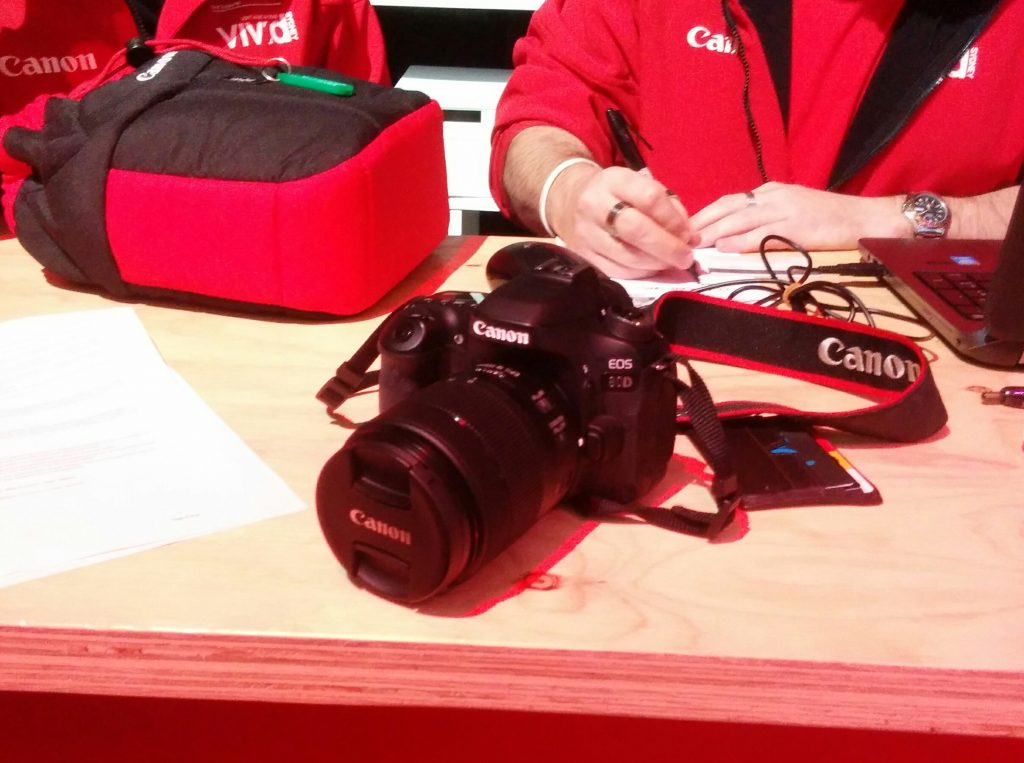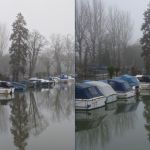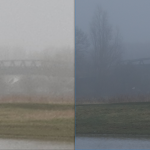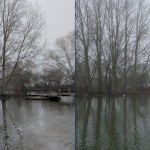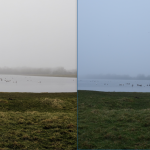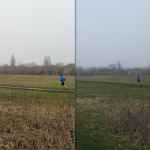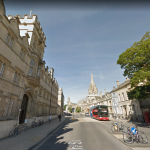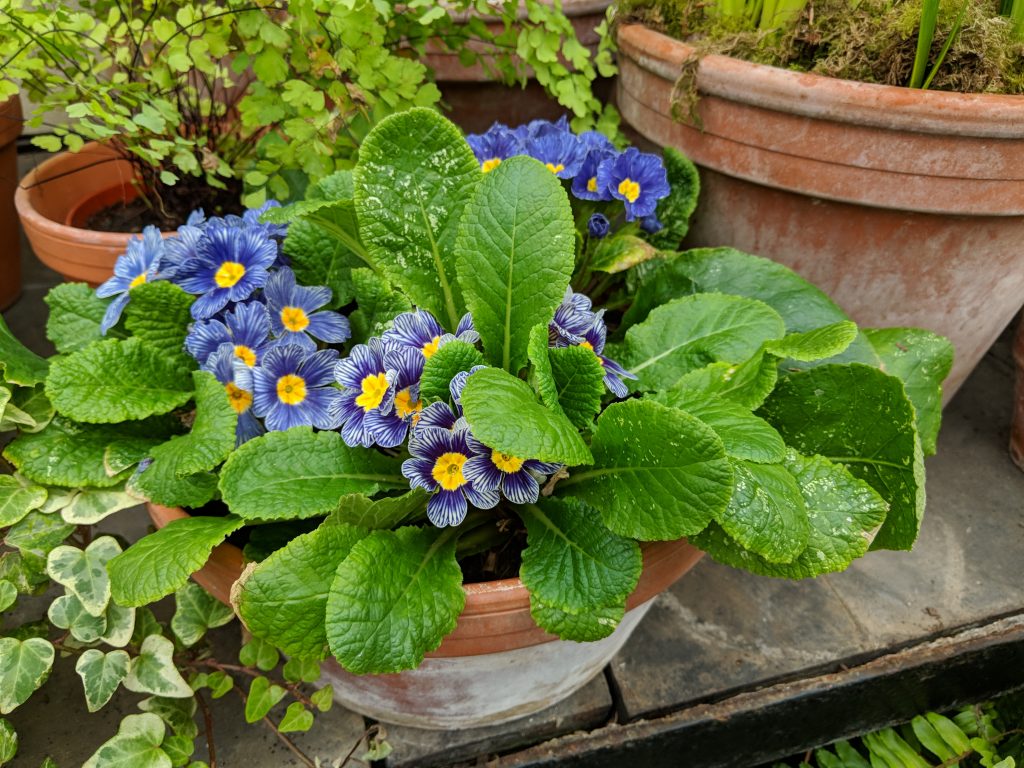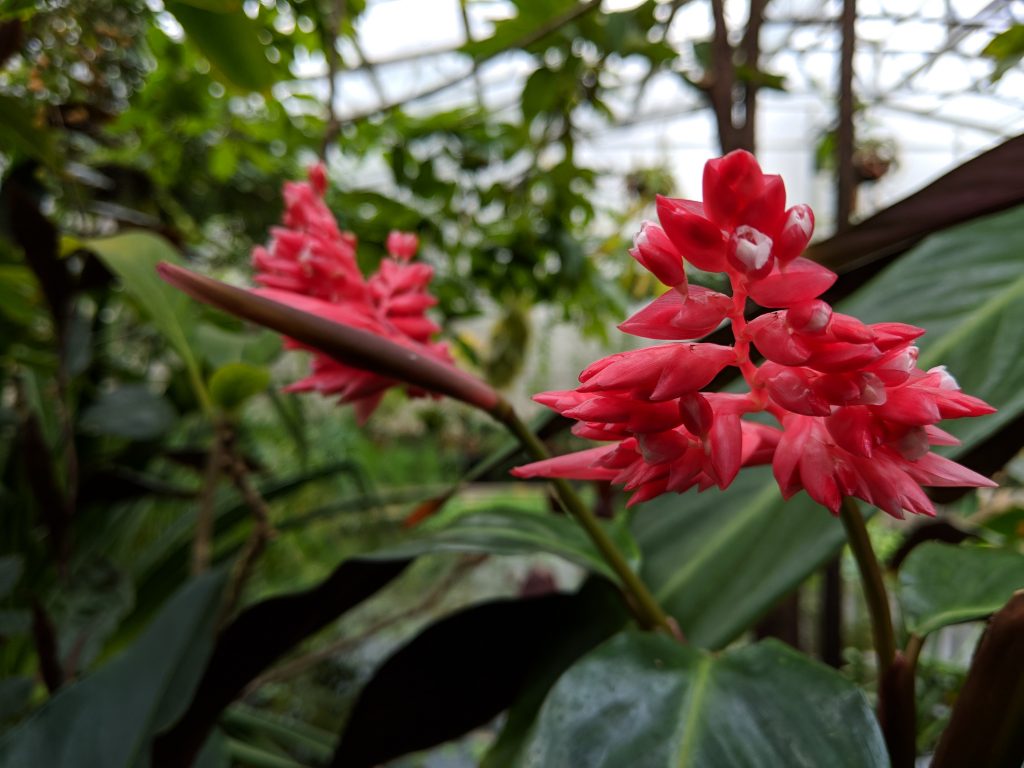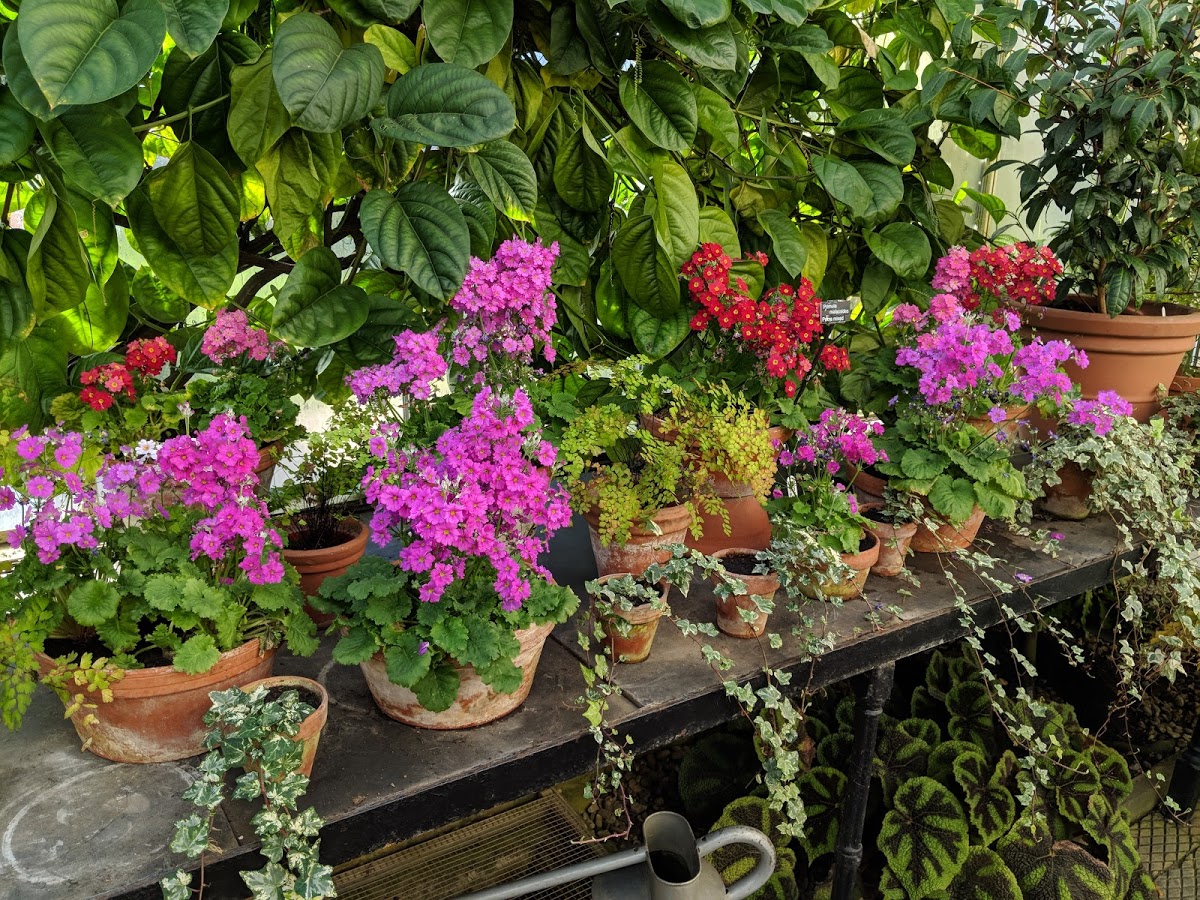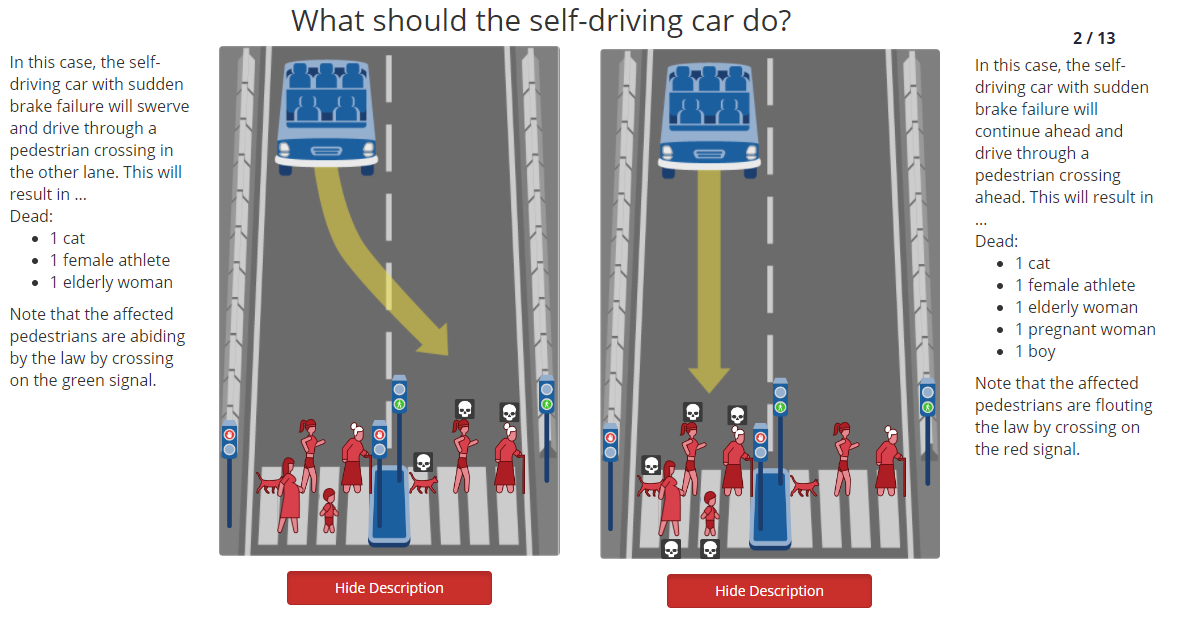The short version:
I am too concerned with being seen as intelligent. I am actively choosing to care less about that. I’m back to blogging. Life is good.
The long version:
What do you really want?
Recently I was a visited by a former supervisor who was effective in calling me out on my self delusions. I worry too much about being seen as clever. I’m aware that this has caused me problems in the past, but in the present I am swayed by the short term pleasure of validation and sense of security I gain from feeling I’ve convinced others of my cleverness. Ultimately this is a futile and deeply wasteful aim. My supervisor reminded me, somewhat in the style of Yoda’s “Do or do not, there is no try”, that unless I commit to the choice to do something differently, I won’t change. I need to choose to stop caring if people think I’m clever or not. This is difficult for several reasons, 1. it is a deeply ingrained habit, 2. being seen to be clever seems to be important for being valued by an organisation, 3. it is part of my identity. I could replace it with an alternative value, being diligent, or capable. Preferably I would replace the concern with others opinion entirely with a drive towards a greater good, hence the question posed above. As far as I have been able to see through reflection, I am where I am today because of curiosity, competitiveness, and the need to be seen by others as clever. Removing the last of those leaves a gap that needs to be filled, and until a more specific goal materialises, I will roughly pencil in “make a good and meaningful contribution to the world”.
The eponymous ashtray refers to one sitting between my supervisor and I as we shared a dinner at the Turf Tavern, which was used as a metaphor for one’s comfort zone. Internally I bristled a little at the idea that I was uncomfortable going outside my “ash tray”; I feel my risk appetite is fairly high, and that I’m very willing to try new things. He was right though: I may be willing to travel to new places, or to try new foods, to meet new people, but having done those things before they were now within my ash tray. But ceasing my attempts to be seen a certain way was outside. He reminded me that you can always come back to your ash tray, and that is true too, making this choice now does not mean, if it turns out to have been the wrong one, I can never come back. The symbolism had the added benefit of making one’s comfort zone seem like an unhealthy and unpleasant place to stay.
It is difficult to fight our nature. We are social creatures, and to be ostracised by your community is a terrible, and much feared, fate. But vanity and narcissism, whether aesthetic or intellectual, are not the right paths to being included in a community. Respect and empathy are much more valuable both to oneself but also to the community as a whole. To this end, concerning yourself with projecting or accentuating certain aspects of yourself is actually counter-productive: its subtle dishonesty belies a lack of respect for one’s peers. Ultimately, as with most things, it is much easier to say these things than put them into practice.
Blogging:
This post comes approximately halfway through the year, and leaves a gap of approximately 18 weeks. It has been slightly painful to return to, or even think about, that delay as it has grown. As discussed above, I have a problem with being overly concerned about how people see me, and I would like to be seen as punctual, disciplined, consistent, and at the very least capable of maintaining a weekly blog. Unfortunately that is clearly not the case here, but at a certain point I ought to have given up on posting weekly in favour of the main aim of posting at all, which I enjoy. Further complicating this is that a blog is public one way communication; a tool of projecting (presumably desirable) aspects of oneself.
Structurally, I don’t want to let go of the weekly update structure, although it would put less pressure on weeks where time is in short supply. I’m going to experiment a little with creating more categories.
Music:
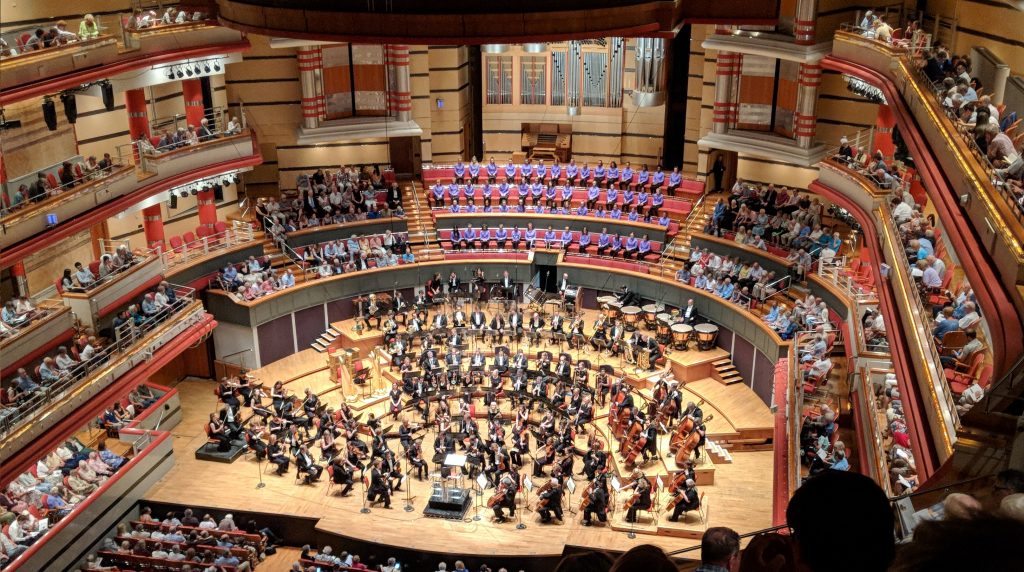
I’m writing from a train between Birmingham and Oxford. I’m very fortunate to have a sister early in her career as a musician, as it compels me to attend concerts I would otherwise have likely ignored. (You can hear her, and the rest of the orchestra, here.) I do enjoy them, and am learning that even though there is complexity to the pieces (and art more generally), my enjoyment of them need not be complex. I regret I don’t prioritise being better educated in music, but I believe that we ought not let the inability to engage in something fully prevent us from engaging at all, most obviously because we would not otherwise be able to try anything new!
Life Updates:
Science:
I’m approaching the end of the first 6 months with ONI, and it has been an exciting, exhilarating, and exhausting experience. I am very lucky to be surrounded by interesting, intelligent, and most of all inspiring colleagues. Each day I feel I am growing both professionally and personally, and as such I suspect I am currently in the best place I could possibly be.
Health and Fitness:
Planning to run the Blenheim Palace and Oxford half marathons later this year, with a stretch goal time of under 90 minutes and a likely goal time of under 100 minutes. If I am able to dedicate myself to a training program 90 minutes might be achievable, but with running not being my highest priority the required training may be sacrificed in favour of professional and social commitments.
A happy thought about time:
I am coming to a happy place on the fact that I will always have more things I’d like to do in any given block of time than I can. I should not look sadly on all the things I let go or miss out on, but instead treasure the things I choose to do. This should help avoid escapist behaviours and that waste these precious moments.

